We consume and are surrounded by content every day in all forms – in fact, the average person now spends 7 hours a day engaging with content. A podcast to start the day, social media content on your commute, industry blogs to inform your work – it all adds up! It won’t surprise you to learn that online content consumption has more than doubled since the start of the pandemic, and it shows no signs of slowing.
Accordingly, more companies are adopting content marketing strategies than ever before. Its ability to engage a target audience, and major role in search engine optimisation, gives it the capacity to generate high-quality leads. But with ‘content marketing’ now a catch-all term increasingly thrown around in the industry, what does it actually mean and how can you tangibly implement content into your digital marketing strategy?
This post will explain how content marketing is far more than just a trending buzz word. Executed correctly, it is one of the most pivotal elements of any SEO strategy, and the key to unlocking dominance in the SERPs and user conversions.
What is content marketing?
Content marketing is the creation and publication of online content designed to educate and entertain. It’s far less promotional than an alternative like copywriting, and instead aims to build trust and interest in potential customers. Common examples of content marketing in action include blog posts, buying guides, email newsletters, videos and podcasts.
This content can then be optimised for search engines – in fact, content marketing is one of the most important aspects of SEO. Without high-quality, genuinely helpful content you simply won’t rank on the SERPs. And high ranks leads to more traffic, and increased revenue. Do you get the jist…
With the rapidly growing presence of AI writing assistants, producing content at mass is now easier than ever. However, it’s no good churning out pages and pages of AI-generated content and hoping for conversions. Talk in the industry predicts an algorithm update on the horizon targeting this low-quality content. Plus, the point of content marketing is to genuinely help and engage its readers. Content provides substance and a point of connection to your audience – it’s the personable side of SEO.
How is content marketing different to SEO?
Whilst content marketing and SEO are closely linked, it’s important to understand the key differences – this lies in their function. Simply put, SEO drives relevant traffic from search engines to your website, and content marketing inspires these users to engage with your services and convert.
SEO, then, is a set of strategies aimed at improving the visibility and ranking of your website in search engine results pages. The aim is to attract non-paid traffic to your site by optimising various elements in line with Google’s algorithms – including keyword optimisation, backlink building, and improvements to technical elements.
Why is content important for SEO?
So, it’s all good having a robust SEO strategy, and heaps of users clicking through to your site – but once they’re here we want them to stay! Here’s a breakdown of the different ways content marketing compliments, and is ultimately critical for, SEO:
- Content helps your pages rank better
It cannot be emphasised enough how important it is to show up in search engines, especially in Google’s results. Google made up 78% of global online search behaviour in 2023 and here in the UK over 80% of the population makes their e-commerce purchases online.
As said, content is extremely important to ensure your pages get seen. Without a good quantity of high quality content, search engines can’t index your pages, rank you on page 1, and send users your way.
Plus, this content needs to possess certain qualities. Search engines like Google use algorithms to determine the value of a website’s content so that, when users search for answers online, they’re delivering the most useful results possible. There are four things these algorithms love to see – experience, expertise, authority, and trustworthiness (or E-E-A-T as it’s commonly known).
So, if your content showcases strong signals of experience and expertise etc. then this is a reliable way to gain visibility in the SERPs and bring in high-intent users.
Content also allows you to target specific or long-tail keywords that may be highly relevant to your target audience. Whilst it might not be possible to include all the relevant terms for your niche in your URL, headings and product descriptions, longer-form content like blogs is an easy way to make sure your site is still relevant for these words.
- Content improves user experience
Quality content enhances the overall user experience, which is a positive signal for search engines and good news for your conversion rates. You want your content to be relevant, informative and easy to navigate – so that users turn into paying customers.
The Demand Gen Report 2022 Content Preferences Survey found that 55% of buyers rely more deeply on content for making purchase decisions than they did a year ago. Plus, 90% of B2B buyers in 2023 researched 2-7 websites before making a purchase. Your content needs to be rich and genuinely useful to inspire users to choose your services and products.
Effective content marketing means more traffic, clicks and reads, and this should result in a greater number of conversions. Good user experience is also integral for lower-intent users. Look at it this way, imagine someone opens Google to search for pancake topping ideas. You’ve published an in-depth and well-structured blog article on your kitchenware website addressing this query and its ranking on page 1 – this user reads your blog and the useful content inspires them to click through its internal links. They’re taken to a product page and encouraged to make a purchase, despite this not being their initial aim.
- A large online presence is beneficial for SEO
It’s good to have a larger quantity of high-quality content on your site. The more content you have, the more chances you have for your web pages to come up in the search results. Also, by continuously adding content, you increase the crawl frequency of your website. However, it’s a common misconception that merely increasing the size of your website makes it appear more authoritative to search engines. John Mueller, at Google, has said that ‘it’s definitely not the case that if you have more pages indexed that we think your website is better’. Posting pages and pages of thin, AI-generated content is not the key to good SEO. Bigger is better but only if these pages have genuinely useful content.
There is also no such thing as having too much high-quality content – however, one thing to bear in mind is the risk of keyword cannibalisation. This scary-sounding term simply refers to similar pages within the same website competing with each other for a position on a SERP. Remember that Google ranks web pages, not websites. Just make sure that your content is unique, and target different keywords and user intents on each page.
- Helpful content appeals to Google’s algorithm
The importance of writing good-quality content is made apparent in Google’s Helpful Content System – an algorithm update designed to promote quality content. This was launched back in 2022 and aimed to reduce “content that seems to have been primarily created for ranking well in search engines rather than to help or inform people.” So, Google wants to see content that is actually helpful and written for the user – exactly what content marketing is all about. These detailed buying guides and expert blogs are being specifically rewarded by search engine algorithms. You won’t find a clearer rationale to prioritise content marketing than right here, in Google’s own guidelines.
How do you ensure your content marketing strategy is actually going to produce helpful content? In Google’s guide to self-assess your content, they provide a list of questions to ask yourself before hitting publish. Your content needs to be ‘comprehensive’, ‘insightful’, ‘original’ and ‘the sort of page you’d want to bookmark’. We’d recommend taking a look at the full list of questions to ensure your content will rank.
- Shareability and link-building
Creating valuable and engaging content is a great way to encourage readers to share your content with their friends and colleagues. Plus, things like blog posts are perfect to share on your company’s social media platforms to showcase expertise and foster trust. Whilst social shares are not a direct ranking factor, the more shares, the more traffic and potential conversions. Social media activity will also play an indirect role in SEO by increasing visibility and attracting backlinks.
A strong content strategy full of helpful information or data is a great resource for naturally acquiring backlinks to your site. Acquiring high quality and relevant inbound links to your site is crucial for SEO because they signal to Google that this is an authoritative resource, worth ranking. Creating a piece of content that answers a query related to your industry could gain the interest of a journalist and earn you backlinks without you having to even outreach the campaign. But, to attract high-quality links from reputable sites make sure your content is equally as high-quality.
Struggling to see results with your content?
If you’re looking for an in-depth strategy for creating high-quality content see our guide to content writing for SEO. Or, if your business is struggling to see the results you’re after with your content, get in touch to find out how our SEO experts can help. You’d be in good company – half of all marketers say they outsource some content marketing – go ahead and fill in our 2-minute form today.

